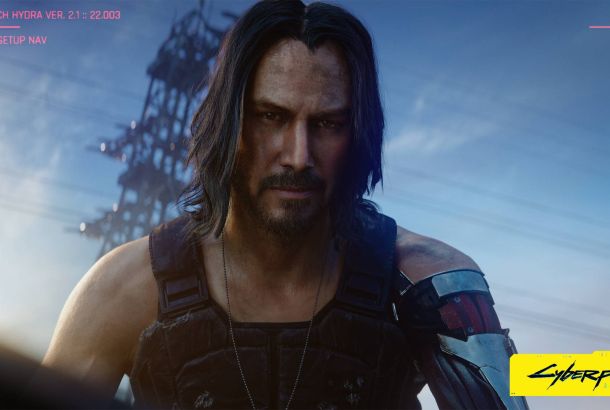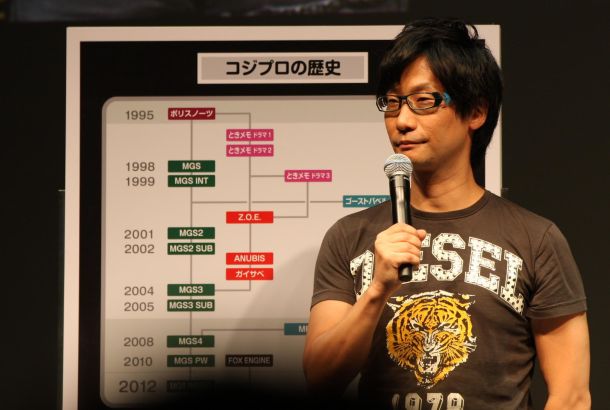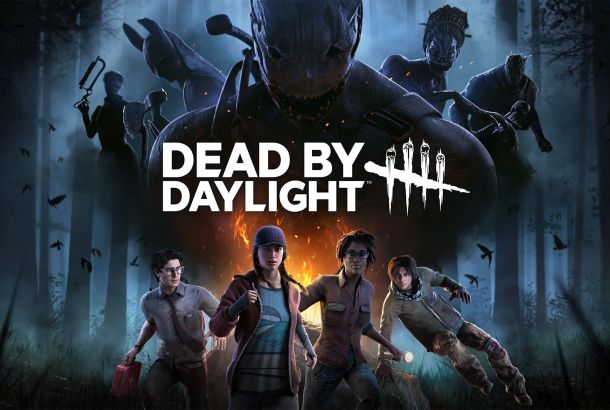Review: Undertale
Recently there has been a lot of uproar regarding one game—Undertale. This RPG by tobyfox was released in mid-September 2015 and the internet has not shut up about it since. If aliens invaded tomorrow, half of the population would not notice due to being wholly consumed by this game. Going by recent reports, fans of the game would have you believe that this game cures everything from male pattern baldness to arthritis. That it is the wonder game of 2015, 2016 and every year going forward. That it will blow your mind in so many ways you will have to use imaginary numbers to count them all. That this game will bring dead pets back to life, clear your computer of viruses and defragment the hard drive; it is that good.
Now, I don’t know about you, but for me sometimes the hype around a game can be its undoing. When enough people sing the praises of a game, saying how good it is and how you really should play it, it runs the risk of setting expectations too high and leaving the player disappointed with what is otherwise a great game. “Good, isn’t it?” they ask with a grin. “Not as good as you made it out to be!” I would reply, brushing the game aside and not giving it a second thought. The roaming masses can be incredibly annoying when they are blindly passionate about something.
Photo: tobyfoxThis is why I approached Undertale with a sense of caution. There was a distinct chance that it would fall flat and I would be unable to understand the appeal. But in the interests of good journalism, I carried on regardless.
Undertale takes place in a world where ‘monsters’ and humans once lived together, until war broke out between the two races. Many battles were fought, many lives were lost, but in the end the humans were victorious and forced the monsters underground, sealing them there forever within an impenetrable magical barrier underneath a mountain. Many years later, you, the player, take on the role of a small human child, cast into the treacherous depths of the underground. A dangerous, frightening world of monsters who are still ever so slightly bitter about their eternal damnation.
You quickly become acquainted with the most unique part of the game, the fighting system. Enemies in the game launch attacks at you in the form of pseudo-‘bullet hell’ minigames, where you have to protect your soul—in the form of a heart—from the waves of attacks coming towards you. Early in the game, the attacks are easy enough to avoid, but they quickly become much more complicated and fast later in the game. These attacks reflect the mood of the enemy; if they long for blood, the attacks will come thick and fast, if they do not want to fight you, then the attacks may deliberately avoid you, or not come at all. More interestingly, however, you do not need to necessarily kill the enemy. Using all the reasoning powers that your nine-year-old character can muster, you can converse with enemies and convince them not to fight, ultimately sparing them. Yes, you can kill them, but it is nice to have the option not to.
Spare or kill, your actions in this world leave a lasting impression. Some actions are even mentioned in the replays after you committed them. Undertale really is a game that rewards multiple ‘playthroughs’. To reap the full rewards that Undertale has to offer, however, it will take more than restarting the game, going left instead of right at a particular junction, and repeating ad nauseum. You need to change your approach to the game and how you approach the characters in it. Let’s just say that, if you’re not nice to them, they most certainly will not be nice to you. Going on a murderous rampage and killing everything in sight is just as much of a viable tactic as hugging everyone is, though. Undertale is not one of those traditional RPGs that doesn’t care how you got to the boss fight just as long as you did—the number of enemies in the game is finite, and certain deaths may alter the story dramatically.
Not that you might actually want to kill anyone, though. The characters in the game are charming and full of witty dialogue. So much so that you might feel bad if you kill them, because you will not hear their jovial banter again. The game is consistently hilarious without having to rely on forced random noise for cheap laughs. The humour is seamlessly interlaced with the moral dilemmas and tension of the storyline, and will have you laughing just as much as it makes you question whether that was the right decision, while simultaneously sucker-punching you with an emotion-coated boxing glove. And like I said, Undertale may forgive, but it never forgets. If you choose to commit monster genocide it will remember, you cold-blooded murderer.
Photo: tobyfoxThe overarching art style of Undertale draws on clear, Earthbound inspirations, a subtle hint to the JRPGs that inspired the game. The battle sequences, on the other hand, look like they are fresh out of a ZX Spectrum game. The highly contrasting black and whites of the battle menus and enemy sprites while fighting are a stark contrast compared to the rest of the game. One could say that it is all just a subtle nod to the genre; however, Undertale uses the limited art style to occasionally surprise you with small quirks that go beyond its limited palette. The retro stylings are accompanied by a suitably stellar soundtrack that goes with the game perfectly. Everything comes together in this game—the story, the music, the characters, the puzzles, the fighting scenes—to form a brilliant whole.
One of the major problems that I had writing this review was avoiding putting spoilers in, since a lot of the first hand recommendations that I got for this game apparently could not describe the game without spoiling everything, and I did not want to do the same. Thus, here is my elevator pitch; Undertale is a brilliant RPG with a unique fighting system, an engaging story that rewards multiple playthroughs, all while having a charming retro art style and a brilliant music score. It is one of the best games of the year and is most certainly worth your time.







